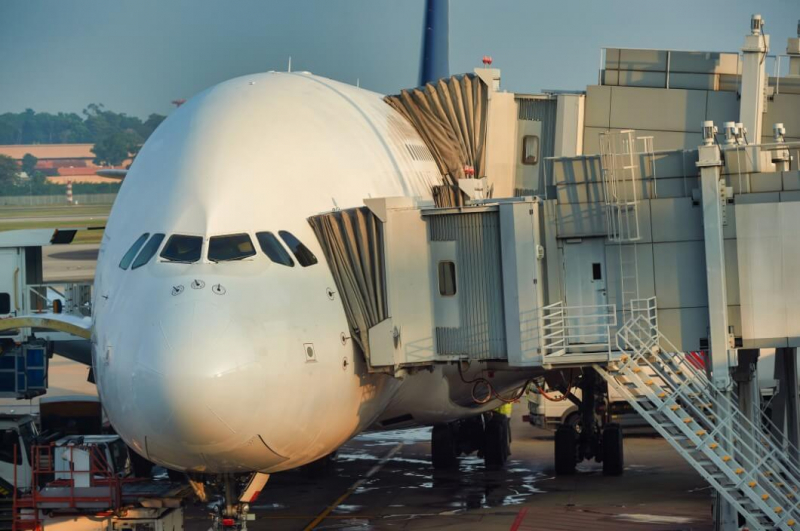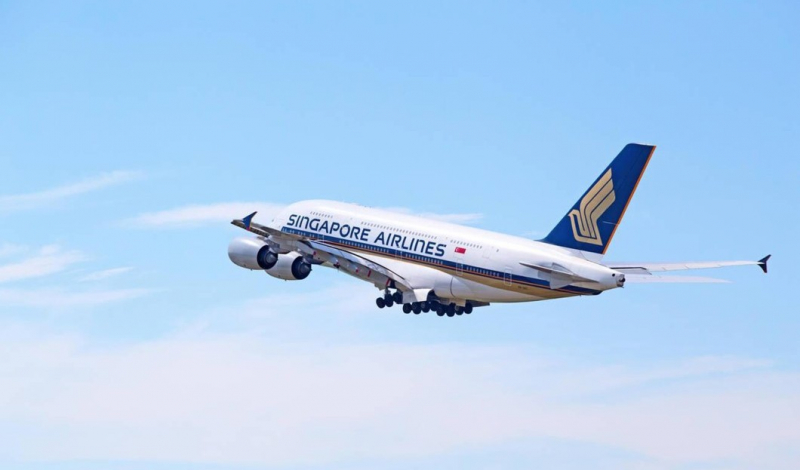The aviation sector finds itself in a state of constant evolution, particularly when it comes to the distance and efficiency of flights. We’re seeing a rise in ultra-long-haul flights, many now exceeding 14,000 kilometers, and it seems this is becoming more commonplace.
Cutting-edge aircraft designs like the Airbus A350 and Boeing 787 Dreamliner are partly responsible, offering, as they do, significant reductions in fuel consumption. Airlines are simply responding to an increased demand for direct connections between far-off cities. Singapore Airlines, at the moment, can boast the longest non-stop flight, but future routes and advancing technologies are certain to reshape air travel in the years to come.
The Rise of Ultra-Long-Haul Flights
The development of modern aircraft tech is making ultra-long-haul flights both achievable and, importantly, quite profitable. The Airbus A350 and Boeing 787 Dreamliner, renowned for fuel efficiency, have really changed the economics of extended air travel. Airlines can now link together faraway cities without intermediate stops. This is in line with what travelers are seeking – faster and more user-friendly options, cutting out layovers and reducing overall journey duration.
The Longest Non-Stop Flights of 2025
Several airlines are now running non-stop flights covering upwards of 14,000 kilometers, as of 2025. The listing below details the top 10 longest commercial flights, offering a view of how modern aviation spans the globe:
Singapore (SIN) – New York (JFK/EWR), Singapore Airlines
- Distance: 15,344 km (JFK), 15,339 km (EWR)
- Flight Time: 18 hours 50 minutes (JFK), 18 hours 45 minutes (EWR)
- Aircraft: Airbus A350-900ULR
Auckland (AKL) – Doha (DOH), Qatar Airways
- Distance: 14,531 km
- Flight Time: 17 hours 15 minutes
- Aircraft: Airbus A350-1000
Perth (PER) – London Heathrow (LHR), Qantas
- Distance: 14,493 km
- Flight Time: 17 hours 45 minutes
- Aircraft: Boeing 787-9 Dreamliner
Dallas/Fort Worth (DFW) – Melbourne (MEL), Qantas
- Distance: 14,471 km
- Flight Time: 17 hours 35 minutes
- Aircraft: Boeing 787-9 Dreamliner
Perth (PER) – Paris Charles de Gaulle (CDG), Qantas
- Distance: 14,269 km
- Flight Time: 17 hours 20 minutes
- Aircraft: Boeing 787-9 Dreamliner
Click here to preview your posts with PRO themes ››
New York (JFK) – Auckland (AKL), Qantas and Air New Zealand
- Distance: 14,210 km
- Flight Time: 17 hours 30 minutes
- Aircraft: Boeing 787-9 Dreamliner
Auckland (AKL) – Dubai (DXB), Emirates
- Distance: 14,202 km
- Flight Time: 17 hours 25 minutes
- Aircraft: Airbus A380-800
Shenzhen (SZX) – Mexico City (MEX), China Southern
- Distance: 14,159 km
- Flight Time: 16 hours
- Aircraft: Airbus A350-900
Los Angeles (LAX) – Singapore (SIN), Singapore Airlines
- Distance: 14,115 km
- Flight Time: 17 hours 50 minutes
- Aircraft: Airbus A350-900 and A350-900ULR
San Francisco (SFO) – Bengaluru (BLR), Air India
- Distance: 14,007 km
- Flight Time: 17 hours 55 minutes
- Aircraft: Boeing 777-200LR

The Future of Ultra-Long-Haul Travel
The Singapore-to-New York route, flown by Singapore Airlines, is currently the longest non-stop commercial flight. However, this could soon change. Qantas plans to introduce even longer routes, linking Sydney to London (17,020 km) and Sydney to New York (16,020 km) using specially designed Airbus A350-1000 aircraft; these are configured explicitly for super-long journeys. Known as “Project Sunrise”, these are ambitious plans to transform long-distance air travel.
Turkish Airlines also has its sights set on ultra-long-haul, intending to launch a 14,967-kilometer route from Istanbul to Sydney sometime around 2026, using their upcoming Airbus A350-1000 fleet. These advancements show a general move to connect city pairs previously seen as unreachable, with this trend being fueled by both technological progress and consumer needs.
Why Ultra-Long-Haul Flights Matter
The growth of ultra-long-haul routes signifies a more encompassing evolution in global aviation. Increased fuel-efficiency of modern aircraft along with better flight planning, is rendering these long journeys financially sensible, and the advantages to passengers include reduced travel times and improved levels of convenience. With operators such as Qantas, Singapore Airlines, and Turkish Airlines continuing to extend route lengths, ultra-long-haul travel is poised to change how the world connects, bringing locations ever closer than we thought possible.


